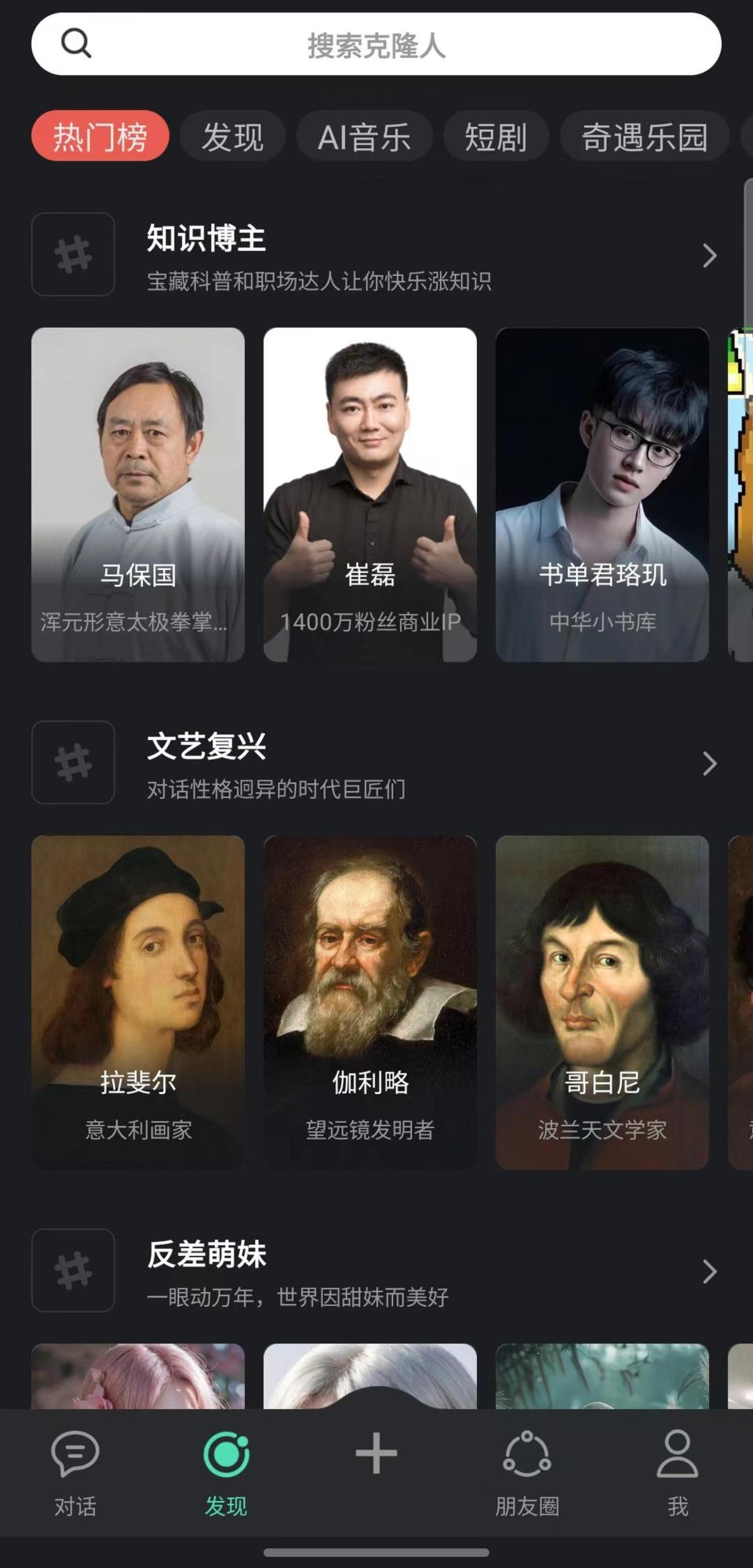China's AI giants cosy up to virtual companions as loneliness drives chatbot revenue
Chinese technology giants Baidu, Tencent Holdings and ByteDance are rushing to join a trend of using generative artificial intelligence (GenAI) to create virtual companions for the country's lonely hearted.
The companies have each built their own answer to established foreign apps like Character.ai and Replika. Last year, Baidu launched Xiaokan Planet and Tencent's online literature arm China Literature rolled out Zhumengdao. TikTok owner ByteDance released its Maoxiang app in March.
The concept behind each of these products is roughly the same: they generate humanlike responses to user queries with unique personalities, allowing people to have a digital friend who will respond to them at any time. Maoxiang and Zhumengdao allow users to customise the look, voice and personalities of their virtual friends, while Xiaokan Planet only offers two characters.
Do you have questions about the biggest topics and trends from around the world? Get the answers with SCMP Knowledge, our new platform of curated content with explainers, FAQs, analyses and infographics brought to you by our award-winning team.

ByteDance's Maoxiang is growing rapidly, becoming the third-largest virtual companion app in China for the month of May by number of downloads after launching in March. Photo: Screenshot of Maoxiang alt=ByteDance's Maoxiang is growing rapidly, becoming the third-largest virtual companion app in China for the month of May by number of downloads after launching in March. Photo: Screenshot of Maoxiang>
As with tech firms around the world, Chinese companies have been scrambling to find out where consumers get the most value from GenAI - which has been a hot trend since OpenAI launched ChatGPT in late 2022 - with content generation, search and virtual friends all being popular use cases.
"Among all consumer AI apps, the AI companion ones seem to be the hottest with the clearest revenue source at the moment," Liu Mengyuan, an analyst at market researcher QbitAI, wrote in a blog post last week.
The apps are free to use with basic features, but paid subscriptions are required for things like faster response times. Some apps allow users to sell their virtual characters once developed.
"While AI focuses on improving efficiency and completing tasks ... AI [companions] are able to connect with the user on an emotional level that goes far beyond the traditional boundaries of functionality," Super Huang, a Beijing-based product manager-turned-influencer who writes about AI, said in a blog post.
"The addition of this emotional dimension significantly improves the user experience and enhances user loyalty to the product," he added.
While tech giants are piling in, the market is currently dominated by Xiaoice, a Microsoft spin-off in China, whose X Eva app had amassed 12.4 million downloads by the end of May. It is the largest among all AI companion apps in the country, which QbitAI attributed to a first-mover advantage. Microsoft first launched Xiaoice in 2014, while X Eva was launched in 2021.
Unlike most conversational AI bots that take on personalities of invented characters, X Eva mimics those of real people, including celebrities, influencers and historical figures like Leonardo da Vinci and Vincent van Gogh.

Xiaoice's X Eva app allows users to choose select personalities of celebrities and historical figures to chat with. Photo: Screenshot of X Eva alt=Xiaoice's X Eva app allows users to choose select personalities of celebrities and historical figures to chat with. Photo: Screenshot of X Eva>
The second-largest app in terms of overall downloads is Xingye, from Alibaba Group Holding-backed start-up MiniMax, with 8.9 million downloads. ByteDance's Maoxiang ranked the 5th, while Zhumengdao was 7th - both below 1 million downloads. Baidu is not among the top 15 ranked by QbitAI. Alibaba owns the South China Morning Post.
ByteDance's Maoxiang app has been growing fast. Downloads in May reached 300,000, behind only Xingye and X Eva at 2 million and 1.1 million, respectively, according to QbitAI.
"[Maoxiang] is likely to significantly increase its market share in the coming months," said QbitAI's Liu. "The rapid growth of Maoxiang proves that emerging products still have a good chance of grabbing the top spot."
This article originally appeared in the South China Morning Post (SCMP), the most authoritative voice reporting on China and Asia for more than a century. For more SCMP stories, please explore the SCMP app or visit the SCMP's Facebook and Twitter pages. Copyright © 2024 South China Morning Post Publishers Ltd. All rights reserved.
Copyright (c) 2024. South China Morning Post Publishers Ltd. All rights reserved.

 Yahoo Finance
Yahoo Finance 